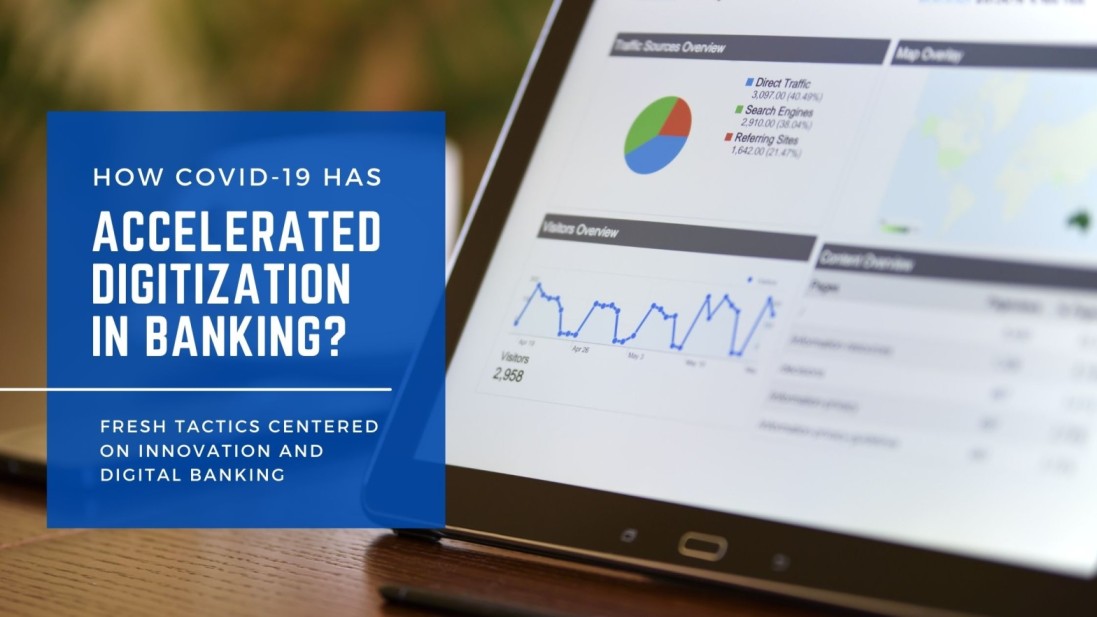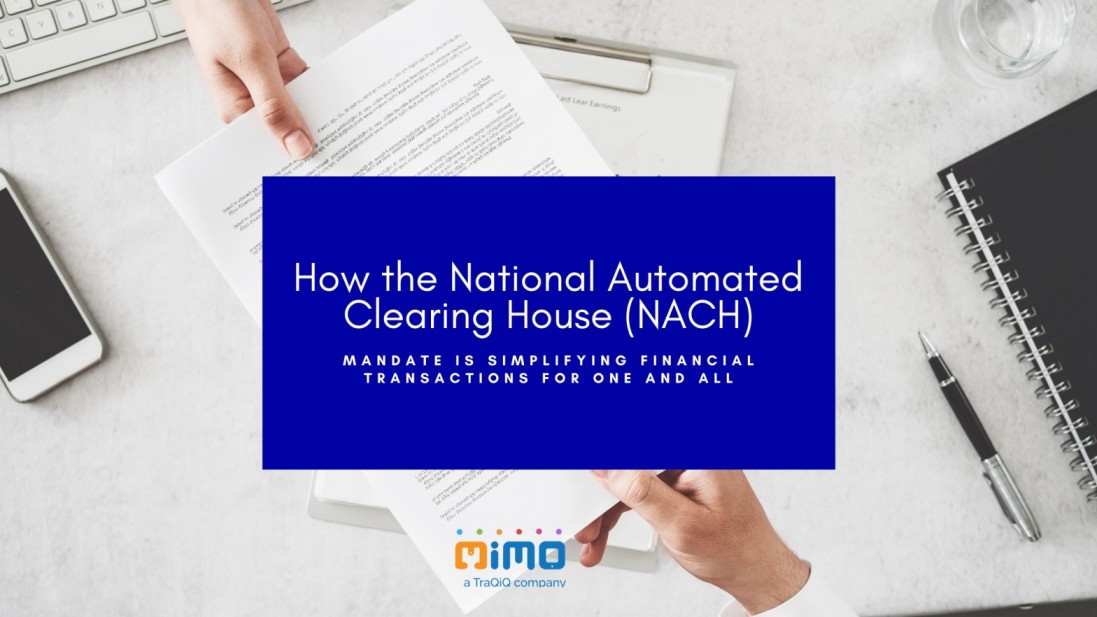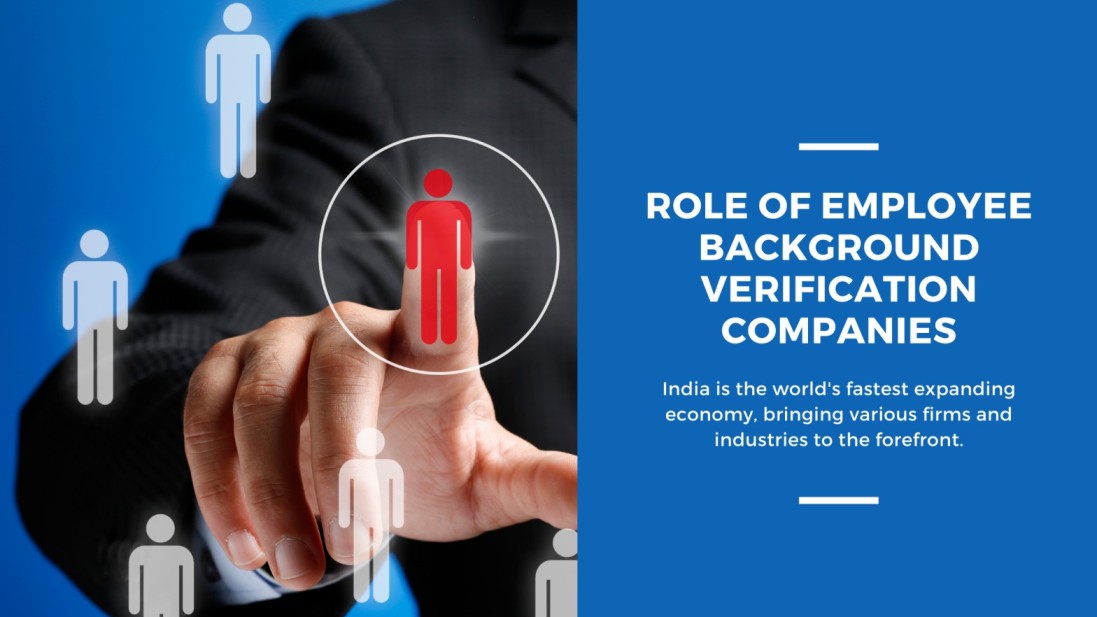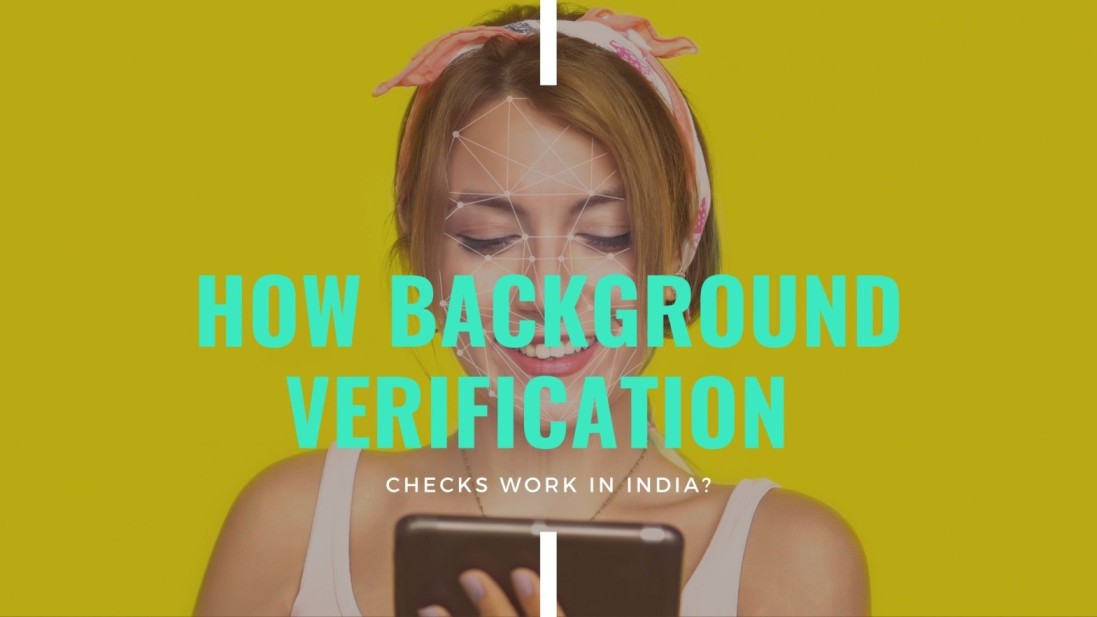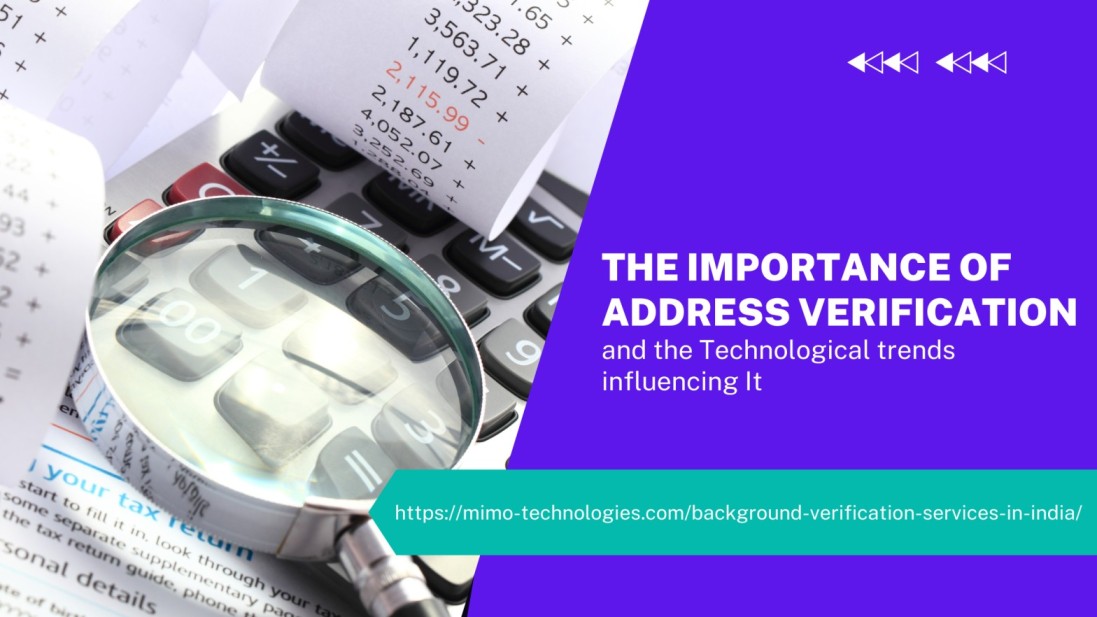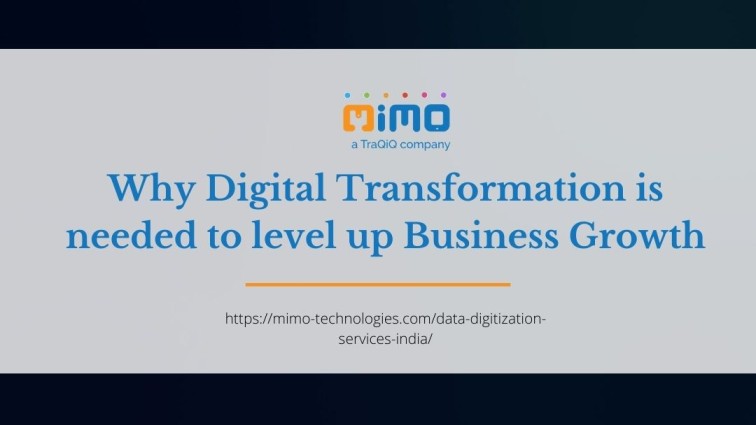
How COVID-19 has accelerated Digitization in Banking
- July 29, 2021
- 10:49 am
- digitization
Amidst the current pandemic, customers’ expectations of banking have risen dramatically as banks push toward digitization. The need for fresh tactics centered on innovation and digital banking was evident in the banking industry even before the epidemic. Customers’ expectations of banking have risen as technology has advanced, thanks in part to the rapid and personalized services provided by major technology corporations.
Table of Contents
So, what effect has COVID-19 had on this agenda?
The most visible change has been the shift to essentially online-only models. It has been an extraordinary transition as banks have migrated practically all of their client interactions to digital.
If lockdowns continue, we may see further embedding of behaviors, but banks are currently in a conundrum. They are preparing for a digital future, and the epidemic has provided an opportunity to show what is possible. Customers, however, have not embarked on a more permanent change and require additional convincing to make digital adoption the norm.
How quickly can banks adapt?
The rate of change is critical. Monitoring what your clients are saying or watching them become dissatisfied with a certain process is pointless if you can’t modify it immediately. Bank teams should ensure real-time engagement with their risk and compliance teams, as well as the implementation of measures to reduce conduct and compliance risk.
The ability to detect and swiftly smooth over any bumps will be critical to improving the consumer experience and avoiding reputational damage. Banks can further improve their web channels by customizing them with self-selection navigation, customized online banking communication, and rich FAQ material and features. All of this benefits the customers and should reduce the need for more call center personnel.
Open banking APIs (Application Programming Interfaces) powered by advanced analytics and advanced AI can provide richer real time personalization than customers receive today, and many FinTechs can provide powerful accelerators.
Data: At the heart of digitization
It should come as no surprise that banks with stronger digital capabilities will gain more than counterparts who may struggle to deal with banking during the lockdown. Customers are being compelled to use digital channels and may view banks negatively if their systems are slow, difficult, or overly complicated.
Banks must ensure that consumers who use remote channels have a favorable experience during and after the crisis.
Banks, regardless of their digital competence, should be using the last several months to absorb the data coming in from their digital channels. We are aware that several banks have been challenged by an increase in client inquiries, which has resulted in customers being unable to reach their bank.
Customer intelligence, such as call center demand statistics, should be fed into bank plans to help them improve response times and serve customers better. To increase contact center capacity, for example, use chatbots or re-deploy branch workers.
Regardless of the increased use of technology, with branches generally inaccessible, keeping consumers connected is critical – and we have seen banks do just that, utilizing apps, emails, and website messages to talk directly to individuals.
Even for the digitally savvy customer, many are discovering that digital services are incapable of meeting their very precise, complex, and time-sensitive requirements. Banks should use the crisis to find areas where the present customer journey may be altered in order to improve the experience both during and after the crisis.
Four key areas for digital success:
Redefining the customer experience
entails putting the client and their needs first in order to provide long-lasting solutions. Banks should consider co-creating with clients frequently during the lifecycle of a proposition.
Taking a mobile-first approach
Customers expect product and service accessibility via portable devices at any time, from contactless banking to account access.
Creating a personalized data strategy
Building solutions requires understanding what data you have, what data you need, what questions to ask of that data, and how to evaluate the responses. It is critical to centralize existing datasets.
Choosing the correct technological platforms
Choosing which platforms to use and how to use them is critical when incorporating new services into organizations that have substantial legacy procedures and assets and are subject to high levels of regulatory scrutiny, such as banking.
COVID-19 has accelerated banking digitization as customer expectations shift during the epidemic. This prospective digital transition, as proposed by COVID-19, will also assist banks in dealing with the harder operating climate brought about by the epidemic. In the long run, it will be a critical step toward increasing profitability and returns in the sector.
How can MIMO help?
The influence of digital transformation is obvious in today’s fast-paced, tech-focused world. Established organizations are being disrupted by ever-changing and growing technologies. As a result, to move forward, business owners must invest in transformation.
However, for institutions that did not begin digitally, automating, and redesigning processes to improve operations is sometimes insufficient. They must also create effective consumer and employee experiences. This often necessitates firms transforming existing structures and procedures into digital processes via a robust plan devised with the assistance of digital transformation consultants.
Is your business digitizing its information? Is your company being challenged by digital transformation considering that everything is now online? Are you interested in digital transformation? MIMO keeps up with these changes and has extensive experience in its successful implementation. We can assist you in digitizing, digitalizing, and ultimately digitally transform your company.
Like this article?
More To Explore

What Is the Role of Background Checks in Establishing a Trustworthy Team?
+91 1141182211 One of the most vital assignments for any business is to bring in the right employees. Alongside skills

What Is a Last-Mile Strategy—And Why Is It Crucial for Your Business?
+91 1141182211 Ever ordered something online and then obsessively tracked the package as it made its way to your doorstep?

What Makes a PAN India Field Network Essential for Accurate Data Collection?
+91 1141182211 In today’s data-driven world, getting accurate, real-time insights from across the country is crucial for organizations that want
